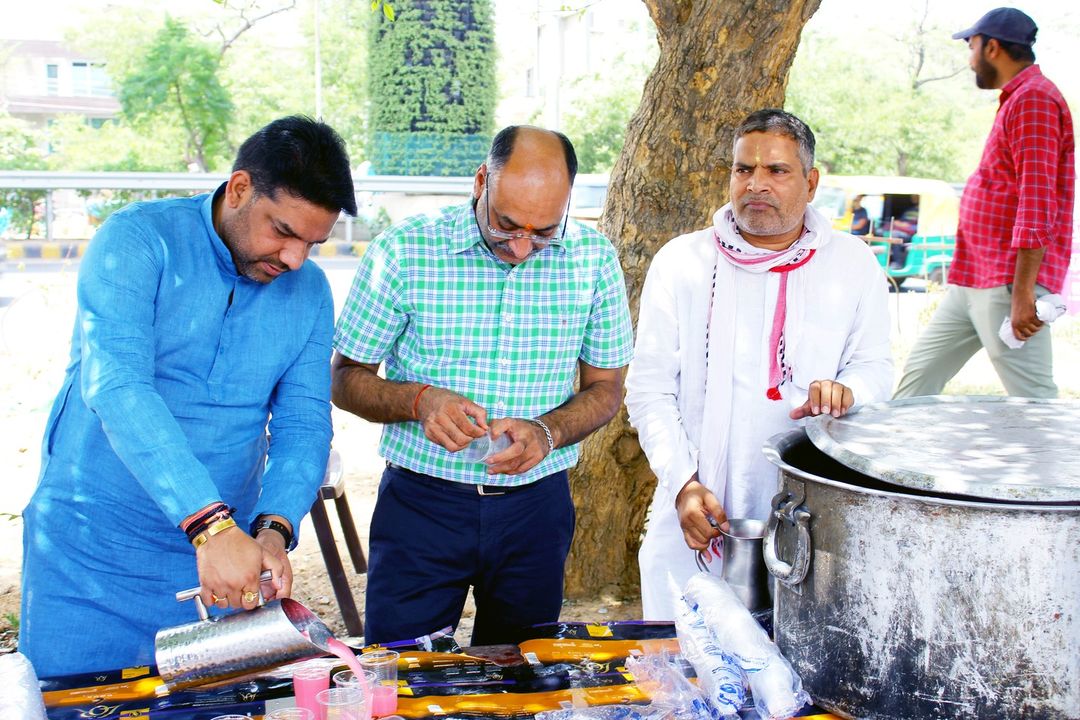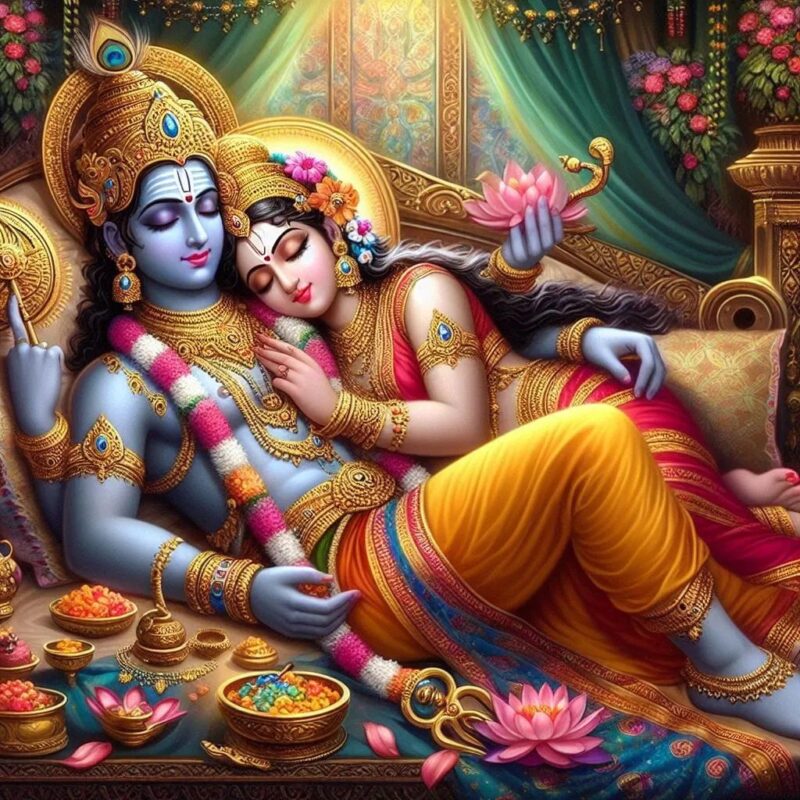In Hinduism, fasting holds immense spiritual significance, with the Ekadashi fast being regarded as the most important of all. Observed 24 times a year, twice each month during the Shukla and Krishna Paksha, Ekadashi fasts become even more prominent during the Adhikamas or Purushottam month, increasing to 26 fasts annually. Among these, the Nirjala Ekadashi, observed during the Shukla Paksha of Jyeshtha month, stands out for its stringent observance of abstaining from water.
Understanding Nirjala Ekadashi
Nirjala Ekadashi is also known as waterless Ekadashi fasting is dedicated to pleasing Lord Vishnu. It requires full devotion and physical endurance.
Jal in Hindi means water and nirjala is the transliteration of nir + jal, which in actuality refers to no water. Therefore, Nirjala ekadasi is one among the most difficult Ekadashi fasts prevailing in the world, as it is indeed a No Water Fast.
Importance of Ekadashi Fasting
Ekadashi is viewed as a day of optimum spiritual consciousness and devotion with restrictions on general activities known as ‘vrat’. Its source is a Sanskrit word ‘Ekadashi’ which means Ek is one and Dashi is ten and as the name suggests it is observed on the eleventh day of both half of the month.
In Hinduism, fasting on days especially the ekadashi day would make one divine, pure from sins, and other benefits such as spiritual progress. It is observed that the devotees pray, meditate and perform charity to obtain the blessings and spiritual comfort of god. Even today, the celebration of Ekadashi has become a widespread tradition for all Hindu groups, and the significance of the given religious day does not exclude itself from the constantly evolving religious and cultural panorama. Upon completion, devotees should make donations according to their capacity. Observing this fast as per the prescribed rules is said to free individuals from all sins and lead them towards salvation.
The Legend of Nirjala Ekadashi

The story of Nirjala Ekadashi is associated with the great sage Maharishi Ved Vyas and Pandavas – the heroes of the ancient epic ‘Mahabharata’. It is said that Bhima, who was one of the Pandava brothers, was unable to fast on all the ordinary Ekadashi owing to his desire for food. Ved Vyasa, subsequently, narrated the sacred story of Ekadashi fasting to the Pandavas and Bhima, highlighting its religious and spiritual value. Thereafter Bhima decided to undergo the very rigorous process of Nirjala Ekadasi to attain the same benefits of all the Ekadashi fasts during the whole year. However, by the next morning, he became unconscious due to the severity of the fast. The Pandavas revived him with Ganga water and Tulsi charanamrit prasad. Hence, Nirjala Ekadashi is also known as Bhimseni Ekadashi.

Observing Nirjala Ekadashi
To observe the Nirjala Ekadashi fast, follow these steps:
- Morning Rituals: Wake up early and meditate on the Gods and Goddesses. After bathing, wear yellow clothes, as yellow is favored by Lord Vishnu.
- Setting Up the Altar: Place idols of Lord Vishnu and Mother Lakshmi on a pedestal in your home temple.
- Offerings: Present yellow flowers, fruits, turmeric, Akshat (rice), sandalwood, and kheer to Lord Vishnu. Offer wedding makeup items to Goddess Lakshmi.
- Aarti and Prayers: Perform Aarti by lighting a lamp and reciting Vishnu Chalisa. Follow this with the Vrat Katha (fasting story).
- Additional Offerings: Offer sweets and bananas.Apology and Donations: Apologize for any mistakes in your worship. Donate food, clothes, and money according to your devotion.
Rules for Nirjala Ekadashi Fasting

Specific rules must be followed for Nirjala Ekadashi:
Morning Rituals: After bathing, offer water to the Sun God. Wear yellow clothes and worship Lord Vishnu with yellow flowers, Panchamrit, and basil leaves.
Charity: It is customary to donate water, food, clothes, shoes, or an umbrella to those in need.
Fasting: Ideally, the fast should be kept without water. If necessary, fruits and water can be consumed.
Breaking the Fast: The next morning, take a bath, offer water to the Sun, and then donate food, clothes, and water to the poor before ending the fast by drinking lemon water.
Nirjala Ekadashi 2024: Date and Auspicious Time
According to the Hindu calendar, the Ekadashi tithi of Shukla Paksha in Jyeshtha month starts at 4:43 AM on June 17, 2024, and ends at 6:24 AM on June 18, 2024. The fast will be observed on June 18, 2024, aligning with the Udaya Tithi, which holds significant importance in Sanatan Dharma.
By following these guidelines and understanding the deep spiritual significance of Nirjala Ekadashi, devotees can fully immerse themselves in the divine blessings and attain the virtuous benefits of this sacred fast.







